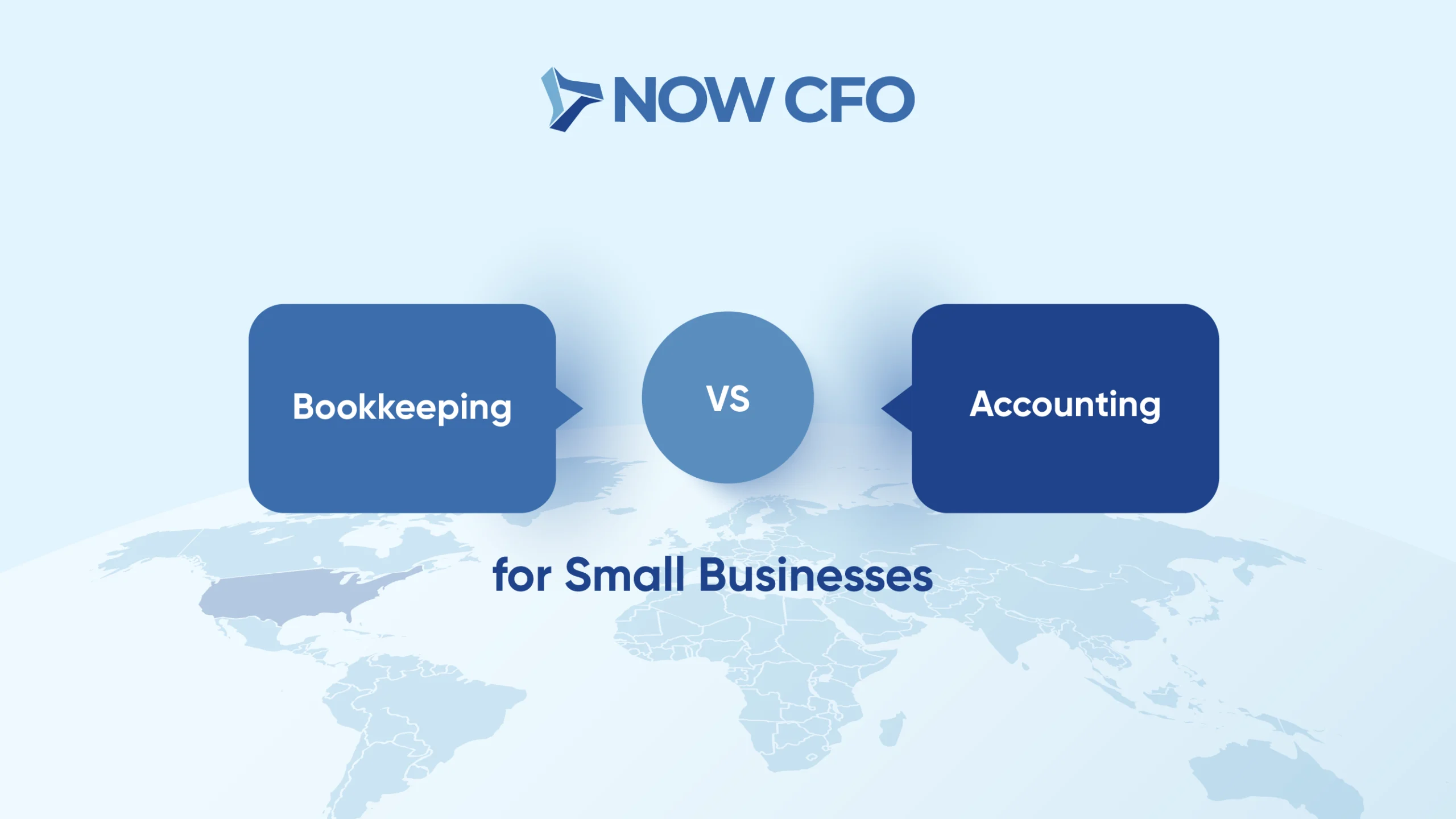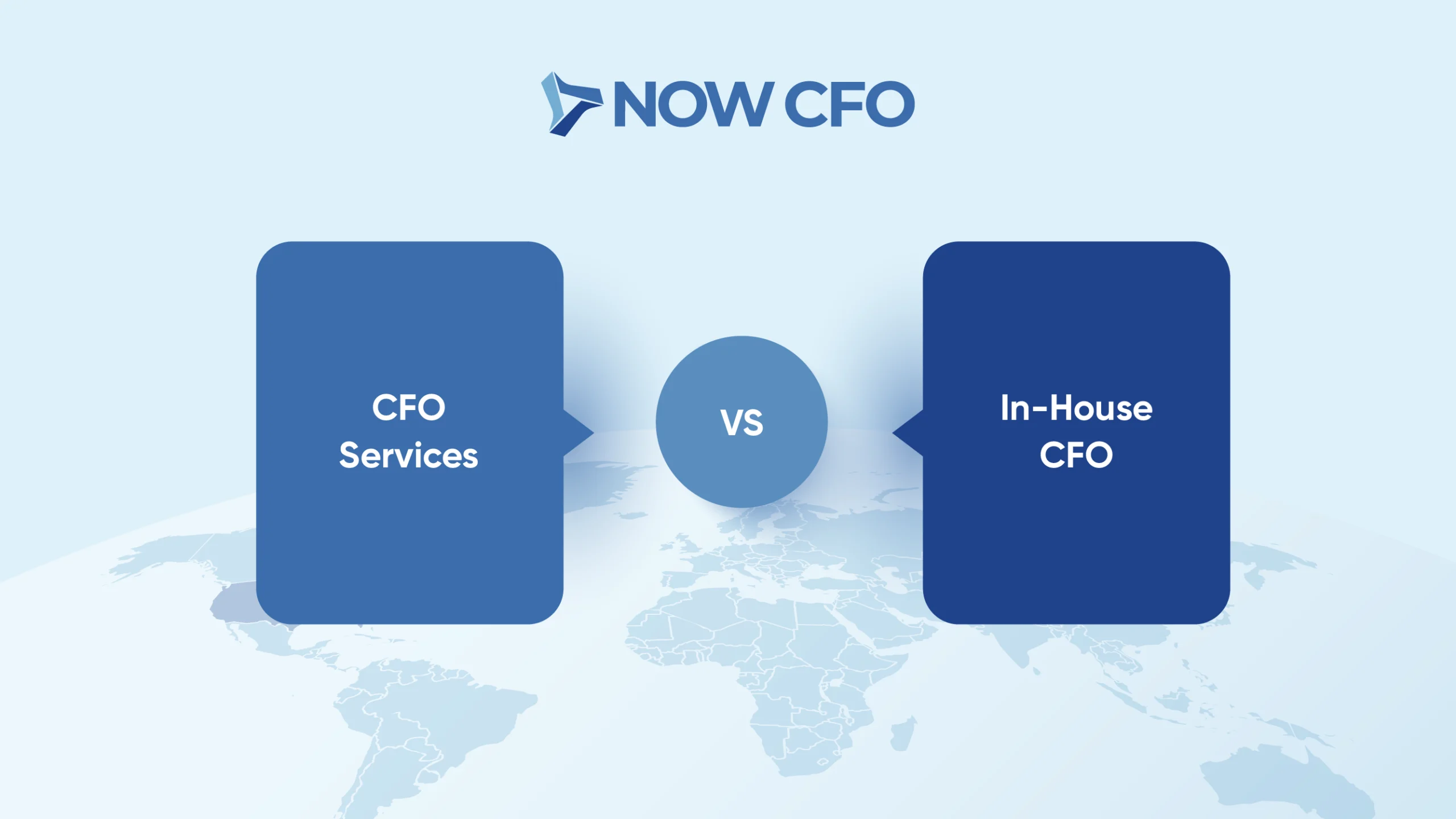
Audit Prep Without the Stress
Year-end audits can be stressful for businesses, but with the proper preparation, you can streamline the process and minimize disruptions. Early planning, organizing financial documents, and utilizing technology can help ease the burden.
This blog will guide you through essential strategies to ensure your audit preparation is efficient, stress-free, and thorough
Early Planning: Laying the Foundation for Successful Audit Preparation
Adequate audit preparation starts long before year-end; early planning is vital to a stress-free process. By setting up a structured approach, businesses can avoid last-minute rushes, reduce errors, and streamline the audit experience. Here are some essential steps to consider when planning your year-end audit preparation.
1. Set Clear Timelines and Milestones
One of the most critical components of audit preparation is creating a detailed timeline with specific milestones. Begin by defining the audit scope and setting deadlines for completing various tasks, such as reconciling accounts, gathering documentation, and reviewing financial statements.
Example timeline:
- 3-6 months before year-end: Complete a pre-audit checklist, gather financial data, and conduct internal audits.
- 1-2 months before year-end: Reconcile all accounts and ensure tax compliance.
- Two weeks before the audit: Finalize documentation and review it with external auditors.
By following a structured timeline, businesses can reduce the stress associated with year-end audit preparation and ensure that all necessary tasks are completed promptly.
2. Gather and Organize Financial Documents Early
Waiting until the last minute to gather financial records can lead to unnecessary delays and complications. To avoid this, start collecting relevant documents such as balance sheets, tax filings, and payroll records early in the process. Create a centralized repository for all financial records, allowing internal teams and auditors easy access.
A well-organized document system significantly reduces auditors’ time reviewing records, ultimately speeding up the audit process. According to the IRS, proper documentation and accurate recordkeeping are crucial for avoiding discrepancies and ensuring compliance during audits.
3. Schedule Regular Checkpoints to Review Financial Progress
Regular financial reviews throughout the year help identify discrepancies or potential issues before the year-end audit. Set up quarterly or monthly reviews to ensure all accounts are reconciled, and any financial errors are corrected promptly. This proactive approach lets your team catch issues early and avoid audit surprises.
For instance, addressing an unresolved discrepancy in your accounts receivable early will prevent delays during the final audit process. Regular reviews also help ensure that your financial statements remain accurate and consistent, a critical factor for a successful audit.
4. Engage with External Auditors Early
Engaging with your external auditors well before the audit date ensures smoother communication and provides an opportunity to clarify any questions or concerns. Auditors appreciate businesses that maintain transparency, and early communication allows both parties to establish expectations for the audit scope.
Many financial institutions, such as those governed by federal regulators, emphasize the importance of early collaboration with auditors to ensure compliance and prevent potential audit issues.
Key Areas to Focus on During Audit Preparation
Adequate audit preparation involves focusing on specific areas that auditors examine closely. Prioritizing these key areas ensures that your business’s financial records are accurate, complete, and compliant with regulations. By addressing these areas early and thoroughly, you can prevent delays and reduce the risk of audit issues.
1. Reconcile Accounts and Resolve Discrepancies
One of the most critical aspects of audit preparation is reconciling all financial accounts. This means verifying that the balances in your financial statements match the corresponding bank, vendor, and customer records. Reconciliation helps identify discrepancies or errors, such as unrecorded transactions or accounting mistakes.
To streamline the reconciliation process:
- Compare bank statements with your general ledger to ensure all transactions are accounted for.
- Reconcile accounts receivable and payable to confirm that all payments and collections are correctly recorded.
- Address any outstanding uncleared checks or unmatched deposits before the audit.
This process reduces the chances of your auditors’ discovering discrepancies that could delay the audit or raise red flags.
2. Ensure Tax Compliance and Review Financial Statements
Tax compliance is another critical area that auditors scrutinize. Companies in the USA has spent over 537 million USD in tax compliance in 2022/2023 alone. Ensure that your company’s tax filings are accurate and up to date by reviewing all tax documents, including:
- Income tax returns
- Payroll tax filings
- Sales tax submissions
Proper tax compliance avoids penalties and helps ensure that your audit proceeds without issues. Moreover, reviewing your financial statements, including your balance sheet, income statement, and cash flow statement, is essential. Confirm that your financials align with GAAP or any other relevant accounting standards, as your auditors require.
Additionally:
- Perform variance analysis to explain any significant changes in expenses, revenue, or assets compared to prior periods.
- Check for proper documentation of depreciation schedules for fixed assets and verify that they align with your accounting policy.
3. Review Internal Controls
Auditors will also evaluate your company’s internal controls, so conducting a thorough review beforehand is essential. Strong internal controls help mitigate risks and ensure accurate financial reporting. Some critical controls to assess include:
- Segregation of duties: To reduce fraud risks, ensure that no single person is responsible for both recording and approving transactions.
- Approval workflows: Verify that all financial transactions, such as large purchases or payroll changes, have been appropriately authorized.
- Audit trails: Maintain a clear record of all transactions, including who initiated, approved, and processed them.
4. Focus on Key Financial Ratios and Metrics
In addition to reviewing raw financial data, auditors often examine vital financial ratios and metrics to assess your company’s performance. These may include:
- Liquidity ratios (e.g., current ratio, quick ratio) to evaluate your company’s ability to meet short-term obligations.
- Profitability ratios (e.g., net profit margin, return on assets) to gauge overall financial health.
Technology Solutions to Streamline Your Year-End Audit
Incorporating technology into audit preparation can drastically reduce the stress and complexity of the process. By utilizing modern software and tools, businesses can automate repetitive tasks, ensure data accuracy, and improve team collaboration.
1. Implement Cloud-Based Accounting Software
Cloud-based accounting software is one of the most effective ways to simplify audit preparation. Solutions like QuickBooks Online, Xero, or NetSuite provide real-time access to financial data, allowing your team and auditors to access up-to-date information anytime.
Advantages of cloud-based software:
- Real-time updates: This eliminates the need to update and share files across departments manually.
- Centralized data: All financial documents, such as income statements and balance sheets, are stored in one secure location.
- Audit trails: Cloud software automatically logs every transaction and change made, providing auditors with a clear, traceable record of all activities.
2. Automate Financial Reporting and Reconciliation
Automation is crucial in simplifying audit tasks like financial reporting and account reconciliation. Advanced accounting platforms can generate real-time financial reports at the click of a button, ensuring that data is always up-to-date. This reduces the likelihood of errors and discrepancies that arise from manual data entry.
Critical areas for automation:
- Report generation: Automatically generate audit-ready reports such as trial balances, cash flow statements, and tax summaries.
- Bank reconciliation: Many platforms offer automated reconciliation tools that match transactions from your bank with those recorded in your ledger, flagging any discrepancies for review.
3. Leverage AI and Machine Learning for Data Analysis
Adopting AI and machine learning in audit preparation is revolutionizing how businesses handle large volumes of data. AI-powered tools can analyze financial records for patterns, identify anomalies, and flag potential risks that might go unnoticed during manual reviews.
For example, machine learning algorithms can detect unusual spending patterns, helping businesses proactively address these issues before the audit begins. Furthermore, AI enhances predictive analytics, allowing financial teams to forecast cash flow and revenue trends, making the audit process smoother and more transparent.
4. Collaborate with Auditors Using Secure Portals
Many audit software platforms offer secure collaboration portals that allow businesses to share documents and communicate directly with their auditors in real time. These portals enable auditors to request additional documentation or clarification without relying on emails or physical documents.
Benefits of auditor portals:
- Document sharing: Securely upload and share required documentation, such as contracts, invoices, or tax filings, with auditors.
- Task tracking: Auditors can leave comments or assign tasks, ensuring both teams remain aligned throughout the audit process.
5. Monitor Key Metrics with Dashboards
Using financial dashboards helps businesses track important metrics in real-time, offering a comprehensive view of their financial health. These dashboards allow teams to monitor KPIs such as profit margins, liabilities, and expenses, helping identify potential issues before the year-end audit.
Dashboards can be customized to:
- Track financial ratios (e.g., current ratio, debt-to-equity ratio)
- Monitor cash flow trends to ensure liquidity for year-end obligations
- Identify variances between projected and actual figures for easier reporting
By leveraging these technology solutions, businesses can streamline their audit preparation process, reduce manual workloads, and improve the accuracy of their financial data. This proactive approach ensures a smooth audit and enhances financial management throughout the year.
By focusing on early planning, reconciling accounts, and leveraging technology, you can significantly reduce the stress of your year-end audit and ensure a smooth review process. A proactive approach helps avoid surprises and allows for better communication with auditors.
Ready to simplify your audit preparation and make your year-end review seamless? Contact us today for expert guidance on organizing your financials and preparing for a successful audit.
Get Your Free Consultation
Gain Financial Visibility Into Your Business
We provide outsourced CFO, fractional CFO, and temporary CFO, Controller, and operational Accounting services that suit the needs of your business.
- Hourly Rates
- No Hidden Fees
- No Long Term Requirements
NOW CFO provides the highest level of expertise in finance and operational accounting to accelerate results and achieve strategic objectives for sustainable growth and success.
After completing the form, a NOW CFO Account Executive will reach out and learn more about your needs so that we can pair you with the right Partner..
Learn More: Internal vs. External Audits














